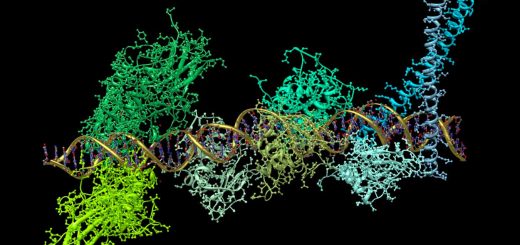How vaccine recommendations have changed in the US
The US Advisory Committee on Immunization Practices voted in June to stop recommending certain kinds of flu vaccines, a notable shift in vaccine guidance
By Grace Wade
3 July 2025
A nurse administering a flu shot
Tess Crowley/Chicago Tribune/Getty Images
On 26 June, the US Advisory Committee on Immunization Practices (ACIP) rolled back recommendations for flu shots containing a rare preservative falsely linked to autism. While the move is unlikely to affect vaccine access, it exemplifies the US government’s wider effort to upend the vaccine recommendation process.
Read more
Unravelling the secrets of the vagus nerve will revolutionise medicine
What is the ACIP and how has it changed?
The ACIP is a group of experts who advise the US Centers for Disease Control and Prevention (CDC) on vaccine recommendations. It was established in 1964, and its members are appointed by the Secretary of Health and Human Services, currently Robert F Kennedy Jr – a long-time vaccine sceptic.
Advertisement
Kennedy abruptly laid off all 17 members of the ACIP in early June, saying that he did so to reduce conflicts of interest. “A clean sweep is necessary to reestablish public confidence in vaccine science,” said Kennedy in a press release.
Some public health experts have pushed back. “I had confidence in the ACIP before Kennedy did [this]. Now I have zero,” says Amesh Adalja at Johns Hopkins University in Maryland. “Unilaterally removing an entire panel of experts is reckless, shortsighted and severely harmful,” said Tina Tan, president of the Infectious Diseases Society of America in a statement.
Kennedy appointed eight new members – though one stepped down before the first meeting of the new panel. Many of the members have previously expressed concerns about some vaccines. For instance, Robert Malone, who helped formulate mRNA-based vaccine technology, suggested on The Joe Rogan Experience podcast in 2021 that covid-19 vaccines may be causing heart attacks and strokes. A 2024 study of nearly 46 million adults found lower rates of heart attack and stroke after covid-19 vaccination, yet higher incidences of some rare conditions, such as myocarditis and pericarditis.


